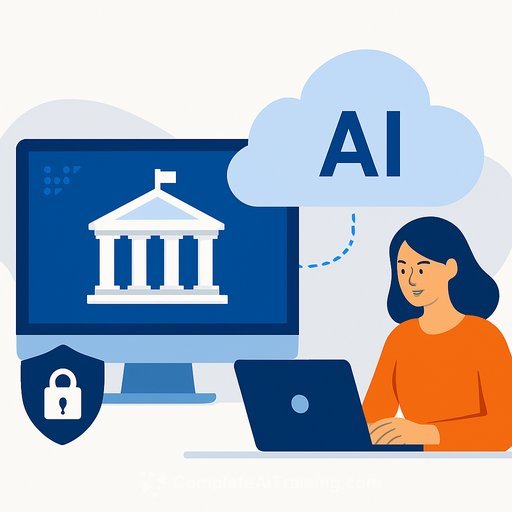Government rules out AI copyright exemptions for training; industry welcomes move
Tuesday, 28 October 2025
The Australian Government has ruled out relaxing copyright rules for generative AI training. Attorney-General Michelle Rowland said the government will not adopt the Productivity Commission's interim recommendation to exempt text and data mining from copyright laws.
What industry said
Lucy Hayward, CEO of the Australian Society of Authors, said, "We thank the Attorney-General for this crucial decision and commitment to stand behind the creative industries and protect the rights of authors and illustrators." She added that next steps are "to ensure that Australian authors and illustrators are compensated for the theft of their work to train large language models and that AI developers seek permission to use copyright work into the future through established licensing pathways".
Kate Harrison, chair of the Copyright Agency, said, "The decision by the Australian Government to reject demands to introduce free exceptions in favour of AI developers will ensure that AI development in Australia can proceed fairly, with a clear expectation that creators are to be compensated properly for the use of their work."
The Australian Publishers Association (APA) described the decision as "a welcome outcome for publishers, authors, illustrators and creators across books, screen, music and news media". The APA said it gives publishers more certainty for licensing content to technology companies, investing in new Australian-authored works, and guarding against unlicensed use of creative content in AI systems.
What this means for government teams
Policy, procurement and digital teams should plan for permission-based models, not blanket text-and-data-mining exceptions. Expect AI vendors to prove they have rights to training data and to outputs where relevant.
- Update procurement templates to require disclosure of training data sources, licensing arrangements and indemnities for copyright claims.
- Include clauses on data provenance, audit rights, and the ability to pause use if unlicensed content is identified.
- Assess offshore providers for enforceability and remedies; preference vendors with auditable licensing and local points of presence.
- Set guidance for staff use of generative AI outputs (attribution, reproduction limits, record-keeping).
- Embed protocols for Indigenous Cultural and Intellectual Property (ICIP), including consent, cultural authority, and community benefit where content may intersect with ICIP.
Key questions the announcement leaves open
- How generative AI uses creative content, and whether transparency of training data will be mandated.
- How copyright will be enforced when AI models and datasets are hosted offshore.
- How ICIP will be respected in practice.
- What role voluntary licensing solutions will play in supporting AI innovation.
Licensing review and the path forward
The government will review licensing structures to support AI development. The Copyright Agency notes a fast-growing market for AI licences in Australia, from direct deals with large publishers to collective licensing that aggregates many rights-holders.
All three organisations-the Australian Society of Authors, the Copyright Agency and the APA-are members of the government's revived Copyright & Artificial Intelligence Reference Group (CAIRG), which brings together representatives of 70 industry bodies. Agencies should monitor CAIRG outputs and align procurement and risk settings accordingly.
Immediate actions for agencies
- Map current and planned AI use-cases against copyright risk and licensing needs.
- Add licensing verification to your AI assurance checklist before pilot or rollout.
- Brief legal and procurement teams on model training vs. inference use, and how that affects licensing obligations.
- Engage early with vendors on data transparency, opt-out mechanisms, and remediation if infringements emerge.
For policy context and updates, see the Attorney-General's Department.
If your department is building capability around AI policy, copyright and vendor due diligence, see role-based upskilling options at Complete AI Training.
Your membership also unlocks:






